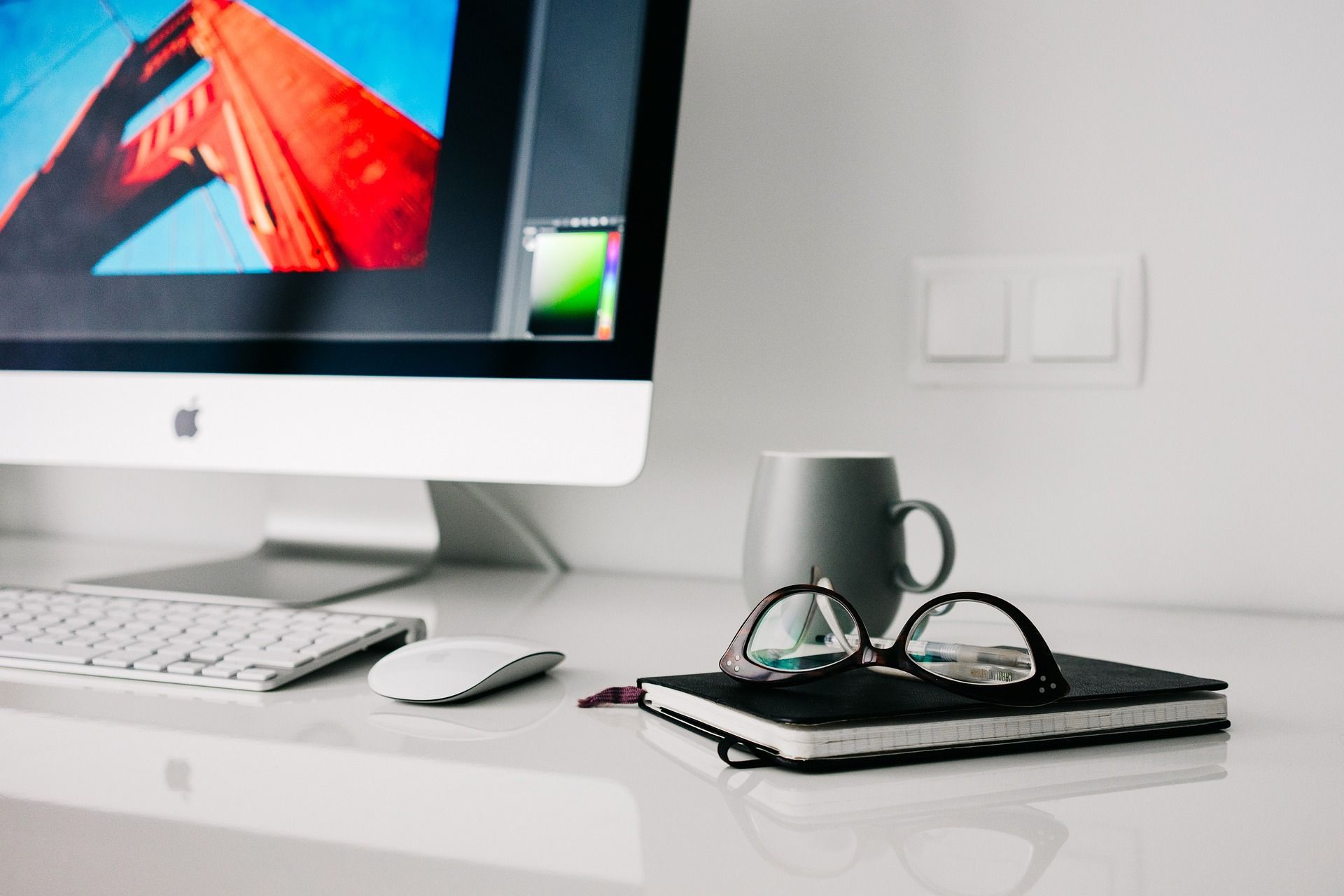The Future of Work - What Does it Look Like?
What does the future hold for the workplace? Is the future working remotely? What role will artificial intelligence play in the future? Read on to find out more about the future predictions for the world of work.

The world is evolving. Technology is advancing so quickly now that it can seem hard to comprehend what life will be like in the next 5 years, never mind the next 10 or 20 years. But the main focus today is what does the future hold for the workplace? Is the future working remotely? What role will artificial intelligence play in the future? Read on to find out more about the future predictions for the world of work.
The main changes happening in the world of work as we speak are digital transformation, work-life balance, and flexibility. We are asking ourselves how technology can help us with our work rather than working against it and the global pandemic has sought out the bigger questions of how we, as a society, balance our work with our other life priorities and it has shone a light on the positive aspects of working remotely as opposed to the traditional work settings.
Flexible working
During the global pandemic of 2020, many companies were forced to start working remotely. Since then, a lot of organizations are offering employees the flexibility to work from home or a hybrid office that is partly remote. Flexible work is now an expectation rather than a benefit and this has changed the way we all work and what work we are willing to seek. The work-life balance has been put under the microscope and evaluated.
The future predictions are that work will become more fluid and remote working will enter the most appropriate sectors. Businesses will move from a permanent employee base to more of a mixed workforce, with a variety of freelancers working with full-time employees. There has been a rapid rise in gig workers over the last decade and it doesn’t appear to be slowing down.
Technology rising
Technology is always changing. It’s important to keep up with it and use it effectively in the workplace. But what will happen in the future? As science and technology advance and artificial intelligence becomes more popular, how will this affect the way we work? AI and bots are already playing a background role in a lot of businesses. They do the repetitive and less interesting tasks out of the equation, so we can work on the creative and innovative ones. Robotics will continue to challenge the roles that humans can in the future and only time will tell if it becomes a positive or negative contribution to society and how we work.
Work-Life Balance
Now that we have a mobile phone in our hands throughout the day, it’s become much easier to continue work-related tasks after our work hours have ended. From email notifications to slack notifications, it can be highly distracting and can be detrimental to our wellbeing. It’s important to have balance and have time to rest, exercise, do your hobbies, and spend time with the ones you love.
Many jobs now offer benefits such as free yoga classes, mental first aiders, and nutritional snacks. But is it enough? The future predictions show that managing and improving the employee’s experience is becoming increasingly important and there are several ways this could change the way we balance our work with our personal lives in the future. Something that is being trialed in some UK companies is the four-day workweek. Employers are starting to see that giving employees flexibility and more time to rest can increase productivity, not decrease it.
Generation Z workers are looking for jobs that will not only help them achieve their career goals but give them the perfect work-life balance. They don’t want to compromise their freedom at the expense of their work life and who can blame them? This current generation and generations that come after are more health conscious and understand the link between work and burnout. Whatever the future holds, let’s hope that as a society we find the best way to balance work and daily life, be flexible in the way we work, and include technology without being overruled by it.
